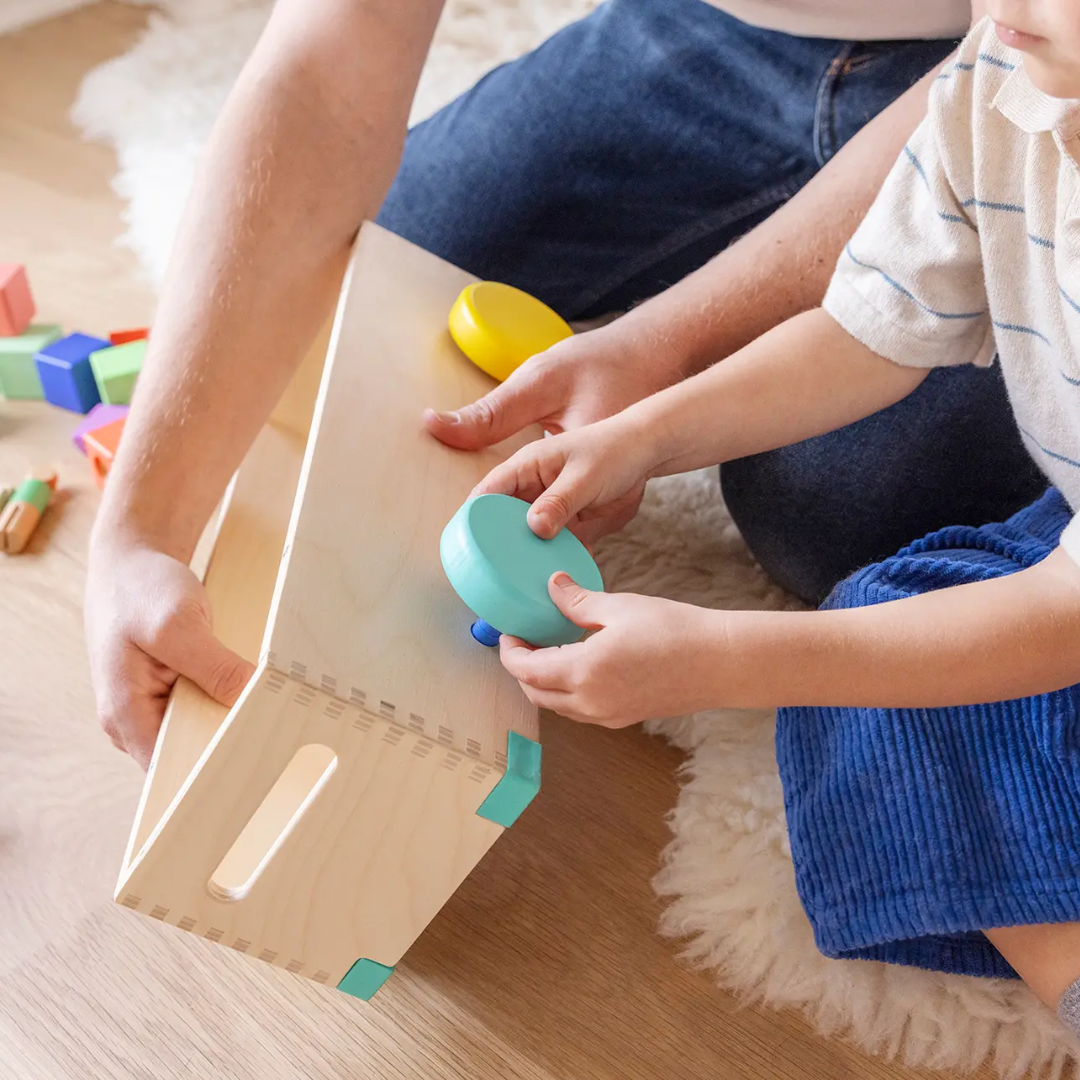
Unschedule Your Kids: Why the Best Learning Happens at Play
If your child’s schedule feels like a second job, full of school, sports, music lessons, and tutoring, you might be missing something essential: play. Free, unstructured play is not just fun. It is how children develop problem-solving skills, creativity, emotional regulation, and social competence. Adults and families benefit as well, gaining reduced stress, stronger connections, and more joy in everyday life.
This blog explains why play matters, the hidden risks of overscheduling, and practical ways to make room for downtime and play in your family’s busy life.
Why Play Is So Important for Children
Play is not a break from learning. Play is learning. Through unstructured play, children:
- Practice problem-solving and creative thinking by experimenting, taking risks, and trying new strategies.
- Develop emotional skills such as self-regulation, empathy, and cooperation.
- Learn the art of losing gracefully in low-stakes situations, which builds resilience.
- Experience autonomy and control, helping them feel confident and heard.
Downtime and play also allow children to rest and recharge. Without this time, children may struggle with concentration, emotional regulation, and social development. Play gives children the tools they need to navigate challenges, both big and small.
Overscheduling Can Backfire
Many parents schedule numerous activities for their children with the best intentions. However, when the day is packed from morning to evening, it can do more harm than good.
- Children may become overwhelmed, with little time to process experiences or self-soothe.
- Tight schedules can increase stress for both children and parents, as families juggle transportation, homework, and practice.
- Family connection can suffer when there is less time for shared play, meals, and conversation.
Overscheduling is often influenced by parental anxiety. Parents may feel pressure to keep children competitive or meet expectations set by other families. While well-intentioned, over-scheduling can leave children feeling unheard, powerless, and burned out.
Play Strengthens Family Connection
Play allows children to express feelings they may not yet have words for. When parents participate in play without directing it, they show presence, understanding, and support. Shared play strengthens family bonds and builds trust while also teaching children healthy coping and problem-solving skills.
Adults benefit from play too. Play reduces stress, sparks creativity, and strengthens social connections. Hobbies, team activities, and creative projects provide fulfillment outside of work and parenting responsibilities. Participating in play demonstrates to children that curiosity and joy are valuable at every age.
How to Make Play a Priority
Incorporating play does not require elaborate plans. It is about creating intention and space. Consider these strategies:
- Schedule unstructured time. Set aside regular periods where children can play freely.
- Join without directing. Adults can participate in play by observing and following the child’s lead.
- Create family rituals. Weekly game nights, creative projects, or storytelling walks provide consistent opportunities for connection.
- Model playfulness. Adults can explore hobbies, laugh, and experiment creatively alongside children.
Even small changes can make a meaningful difference in children’s development and family well-being.
The Takeaway: Play Is Essential, Not Optional
Play is more than just “fun.” It builds problem solving skills, reduces stress, and strengthens family connections.
By incorporating downtime, encouraging creative activities, and modeling playful behavior, parents support healthy child development and help the whole family thrive.
